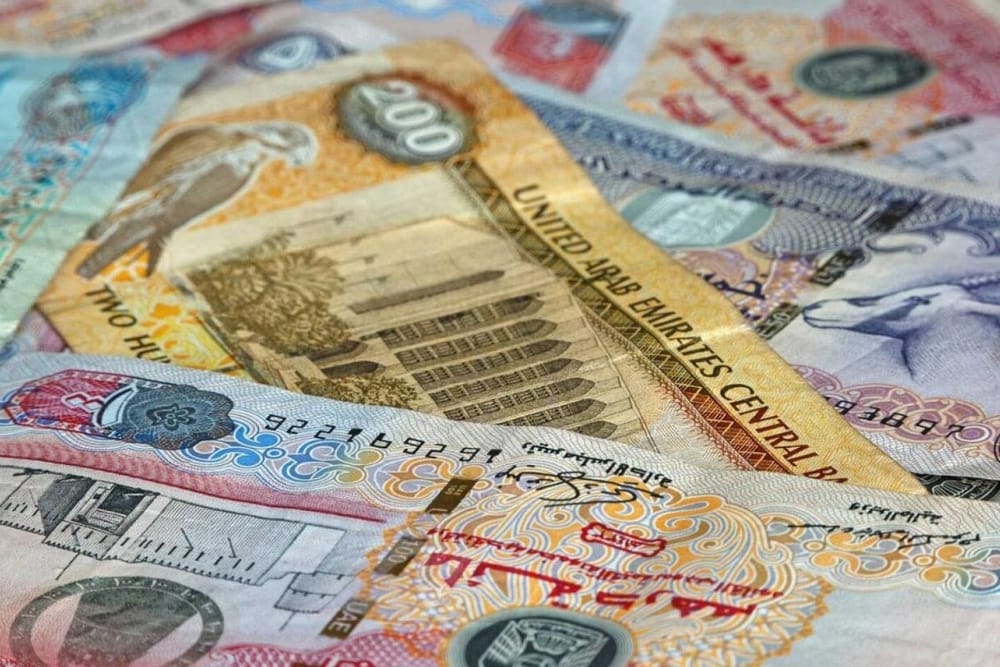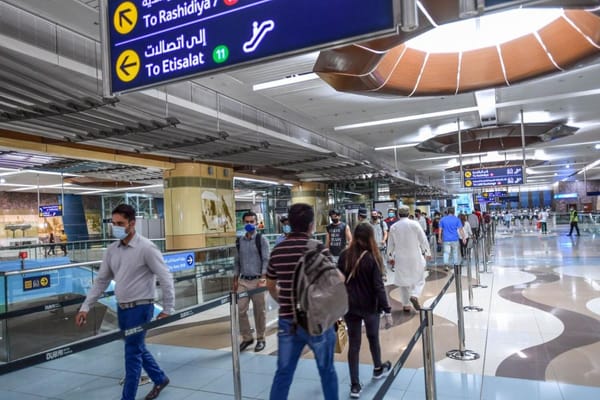While digital payments continue to rise in the UAE, cash remains a preferred choice for certain transactions, particularly for tipping, small purchases, and peer-to-peer exchanges. According to a recent survey by Visa titled ‘Where Cash Hides’, nearly one-fourth of transactions in the UAE are still conducted in cash, highlighting its enduring relevance in specific scenarios.
Key Findings from the Survey
The study revealed that 24% of UAE consumers use cash for everyday spending due to its simplicity and widespread acceptance. Additionally, 23% rely on cash for peer-to-peer (P2P) transactions, often out of habit or for immediate settlements. However, the overall reliance on cash has seen a decline, with 61% of respondents reporting that only 1-2 out of their last 10 transactions were in cash.
Here’s a breakdown of where cash is still commonly used:
- Tipping: 51% of respondents used cash for tips, though this represents a 4% drop from 2023.
- Peer-to-Peer Exchanges: Cash usage for money exchanges between friends and family fell to 39% in 2024, down from 50% in 2023.
- Small Purchases: Cash remains popular for smaller, routine expenses like taxi fares, public transport, and shopping at local markets.
Decline in Cash Usage for Specific Transactions
The survey also highlighted a significant shift in certain payment categories:
- International Transfers: Cash usage for international transfers via exchange houses dropped to 27% in 2024, down from 40% in 2023.
- Rent Payments: Paying rent in cash decreased to 16%, indicating progress in digitizing this category.
Why Cash Still Matters
Salima Gutieva, Vice-President and Country Manager for UAE at Visa, explained that while digital payments are growing, cash still plays a role in specific scenarios. “Cash is often used for tipping, exchanging money with family and friends for immediate settlement, shopping at farmers' markets, or paying for taxis,” she said.
However, Gutieva emphasized that the overall reliance on cash remains low. “For 61% of respondents, only 1-2 out of their last 10 transactions were in cash, and just 3% reported using cash for their last 10 transactions,” she added.
The Push Toward a Cashless Future
The UAE government is actively promoting digital payments as part of its broader economic strategy. For instance, Dubai’s Cashless Strategy aims to achieve 90% digital transactions by 2026, empowering businesses to enhance payment experiences for residents and visitors alike.
Gutieva noted that while cash won’t disappear overnight, several factors are steadily reducing its dependence:
- A highly digital-savvy population.
- The government’s robust cashless agenda.
- Continuous innovations from financial institutions, fintechs, and payment providers like Visa.
Tips for Transitioning to Digital Payments
For those still reliant on cash, here are some tips to embrace digital payment methods:
- Use Mobile Wallets: Apps like Apple Pay, Google Pay, and Samsung Pay offer quick and secure payment options.
- Explore Contactless Cards: Tap-to-pay cards are widely accepted and ideal for small purchases.
- Leverage P2P Apps: Platforms like PayPal, Venmo, and local apps like Beam and PayBy simplify money exchanges.
- Adopt Digital Rent Payments: Many landlords and property management companies now accept online rent payments.
The Road Ahead
As the UAE continues its journey toward a cashless society, the role of cash is expected to diminish further. However, its presence in specific niches underscores the importance of balancing innovation with consumer preferences.
News Source: Khaleej Times









